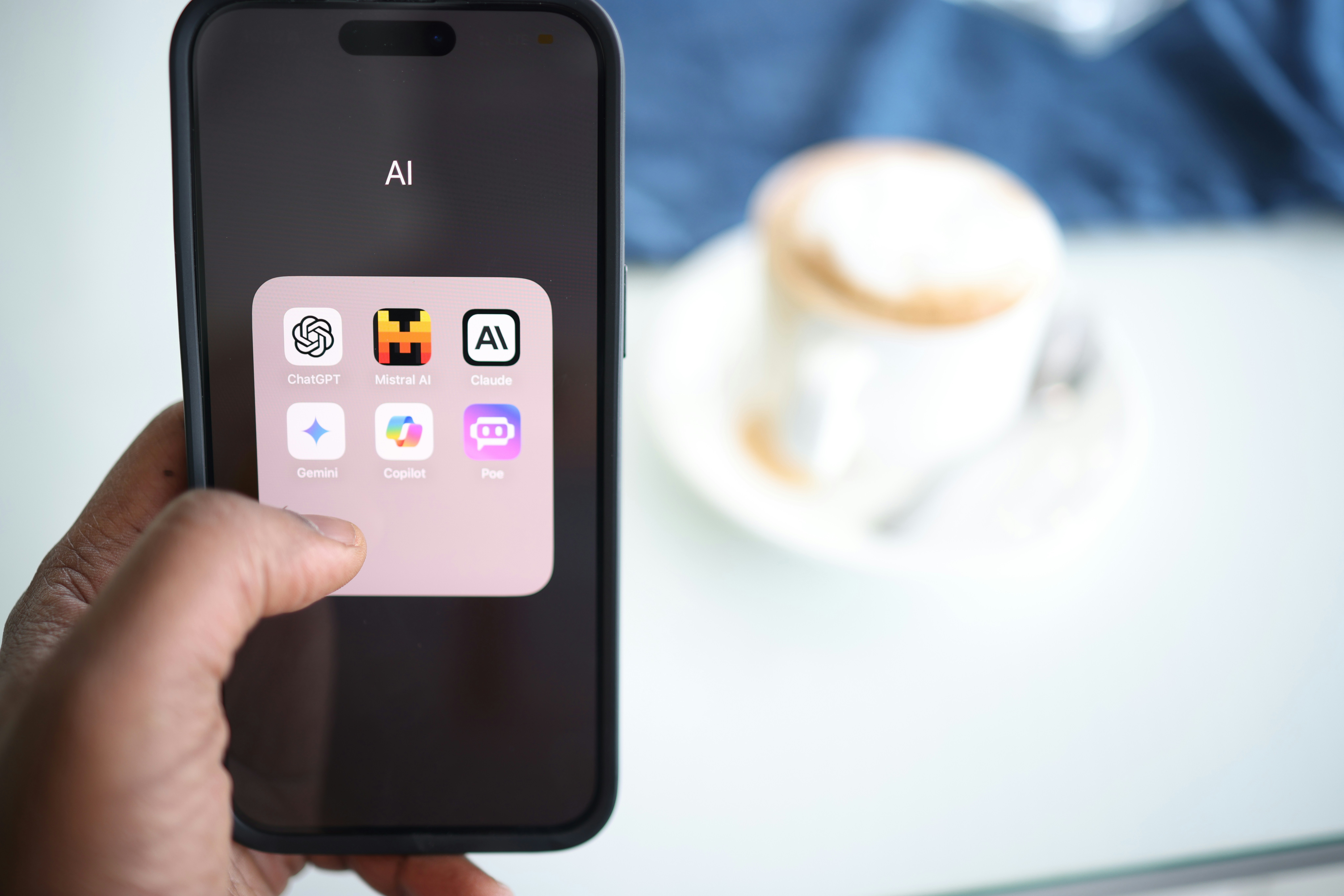Will AI replace the buyer? Myths and realities for the procurement function

Artificial intelligence is on everyone’s lips. ChatGPT drafts specifications in three minutes, algorithms analyze thousands of suppliers in the blink of an eye, and platforms automate invoice processing. Faced with this technological surge, a legitimate question haunts procurement professionals: will my job disappear? The answer is categorical: no. But it will transform profoundly, and that’s excellent news.
Let’s separate fact from fiction to understand how AI is redefining the buyer’s role without replacing it.
The Myths: What AI will never replace
Complex negotiation remains human
A strategic negotiation isn’t just numbers in a spreadsheet. It mobilizes emotional intelligence, reading non-verbal signals, and the ability to build trust. When a supplier hesitates on a contractual clause, it’s the nuance of a glance, the stretching silence, or the intonation of a voice that reveals their room for maneuver. AI can analyze historical data, but it will never detect the fragility of an argument or the opportunity for creative compromise.
Consequently, high-stakes negotiations will continue to require this profoundly human dimension that machines cannot simulate. Emotions, persuasion, and the art of timing will remain the domain of seasoned buyers.

Strategic relationships cannot be automated
Building a lasting partnership with a key supplier requires empathy, vision, and contextual understanding of mutual stakes. These bonds are woven during business lunches, through managing unforeseen crises, or across years of collaboration. An AI can recommend a supplier based on CSR criteria or performance, but it will never know if that supplier will share your values or adapt when the unexpected strikes.
Moreover, facing geopolitical or health crises, it’s critical thinking and adaptability that make the difference. Reinventing a supply chain in 48 hours requires creativity, boldness, and human networks – three dimensions beyond algorithms’ reach.
The realities: AI as a Super-Assistant
Automation of Low-Value Tasks
Manually processing purchase orders, reconciling invoices, or entering data into an ERP? These time-consuming tasks belong to the past. AI automates them with precision, thus freeing 30 to 40% of buyers’ time. This recovered time is reinvested in strategy, supplier innovation, or relationship building.
Next, predictive analytics becomes a major asset. Anticipating a copper price increase three months ahead, detecting supplier default risk before it occurs, or identifying procurement consolidation opportunities: AI transforms the buyer into an enlightened strategist.

Intelligent Sourcing and Contract Analysis
Analyzing 10,000 potential suppliers according to 50 criteria (location, CSR certifications, financial health, lead times) in five seconds? It’s now possible. AI excels at large-scale sourcing, considerably expanding available options. Similarly, it can scan hundreds of contracts to detect risky or non-standard clauses, securing compliance.
However, it’s the buyer who will ultimately decide which supplier to integrate into the panel, which clause to renegotiate, or which strategy to deploy. AI informs, humans decide.
The augmented buyer: The future is exciting
Artificial intelligence doesn’t replace the buyer; it relieves them of chores to reposition them where they excel: strategy, creativity, and human relationships. Professionals who master these tools while cultivating their emotional intelligence, critical thinking, and relational capacity will become “augmented buyers” – more performant, more strategic, and more indispensable than ever.
The buyer’s profession isn’t threatened. It’s entering its most exciting phase: where technology amplifies human talent without ever replacing it.
